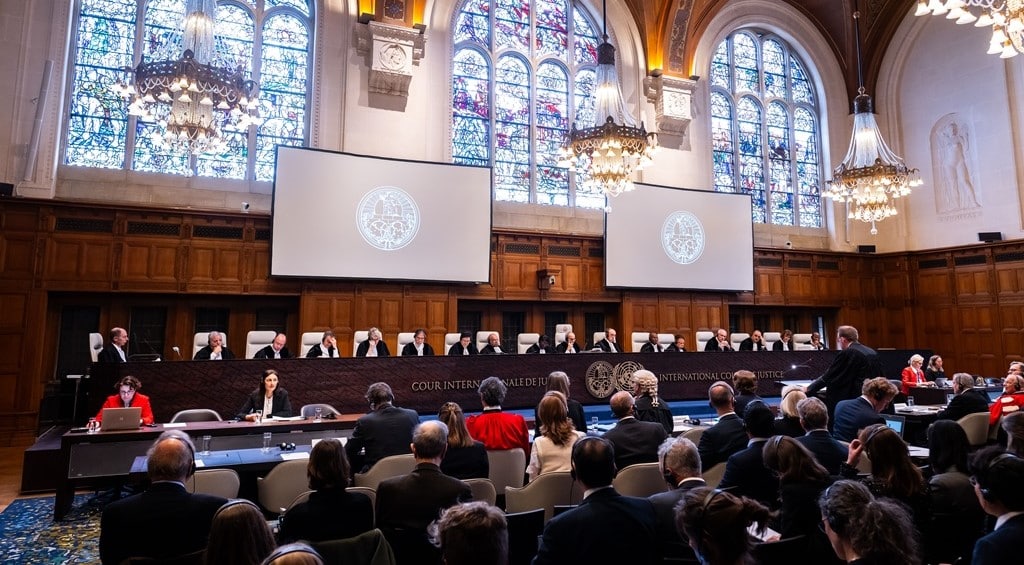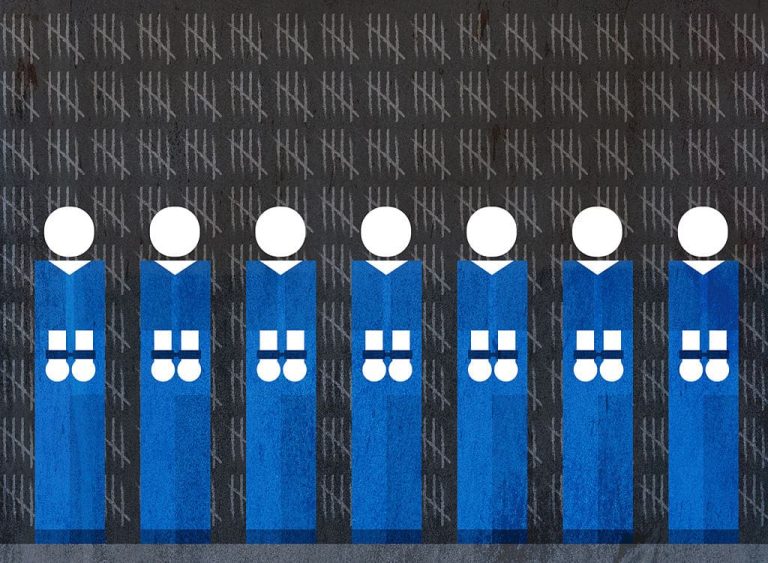9 de marzo 2022

ICJ Rules Against Nicaragua's Request For Germany to Halt Arms Sales to Israel

PUBLICIDAD 1M
PUBLICIDAD 4D
PUBLICIDAD 5D
An independent international investigation is needed to ensure justice

Más de un centenar de reos de conciencia permanecen en prisión; diez de ellos pasarán su tercera Navidad en la cárcel y 39 la segunda
On March 7, the United Nations High Commissioner for Human Rights presented a highly critical report on the brutal repression of Daniel Ortega’s government in Nicaragua. This report provides the UN Human Rights Council with the necessary basis for it to take a stronger stance on the human rights crisis in Nicaragua and to establish, during the current 49th session, an international investigative mechanism aimed at gathering and preserving evidence of human rights violations committed there.
The High Commissioner identified a “pattern of serious civil and political rights violations” that suppressed dissenting voices in the context of the November 2021 electoral process and that “created an environment that was not conducive to genuine, fair and credible elections.” These serious abuses including the arbitrary detention of 39 government critics before the elections, including seven presidential candidates who are currently deprived of their liberty.
Most of those people have been prosecuted for [the catch-all crime of] “conspiracy to commit impairment of the national integrity”. Their most basic due process rights and guarantees have been violated. They are all held incommunicado, some in solitary confinement for an extended period of more than two weeks, which amounts to torture.
According to the High Commissioner, even when family visits were allowed, they were very restricted. In addition, the detainees did not receive enough food or have adequate diets, which was reflected in visible weight losses. They were not allowed to receive food from their relatives, and prison guards kept the lights in their cells on throughout the night. Some detainees with chronic illnesses were denied the specialized care they needed.
In addition, another 130 people perceived as government critics were arbitrarily detained and remain imprisoned, according to Nicaraguan human rights organizations. Some face abusive conditions in detention.
The government has also targeted civil society organizations, political opponents and journalists by adopting repressive laws that violate the right to political participation and freedom of expression. Since 2018, the authorities have cancelled the legal status of dozens of non-governmental organizations and universities.
At the same time, authorities have made no progress in ensuring justice for human rights violations, including those committed by police during the government’s fierce crackdown on protesters in 2018. There is no information to indicate that any police officers are being investigated for these events.
Given the absolute lack of judicial independence in Nicaragua, which makes it highly unlikely that there will be justice for victims within the country, members of the UN Human Rights Council must offer an alternative avenue to investigate these crimes internationally. Members of the Council should heed the High Commissioner’s call for “further steps to strengthen accountability” and, to that end, should create a strong international investigative body to help end repression in Nicaragua and ensure that those responsible for human rights violations are held accountable.
This article was originally published in Spanish in Confidencial and translated by Havana Times
Archivado como:
PUBLICIDAD 3M
PUBLICIDAD 3D